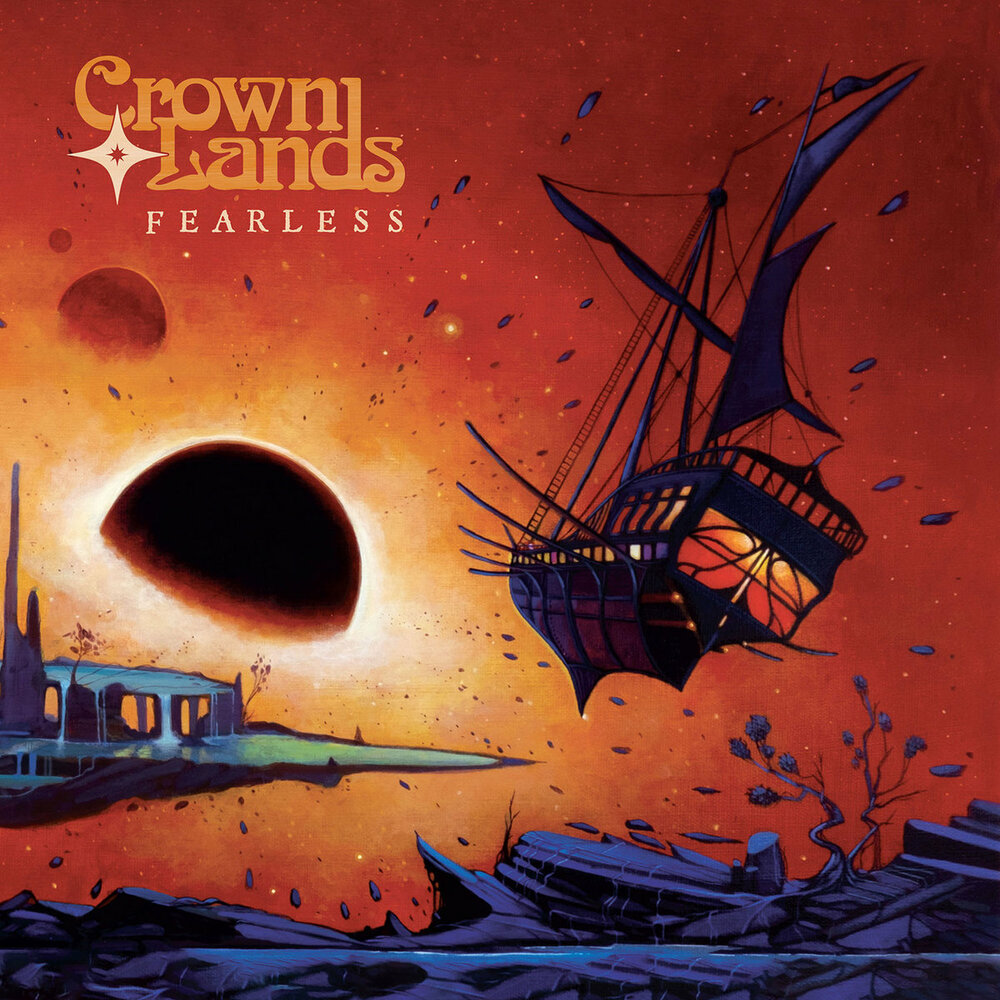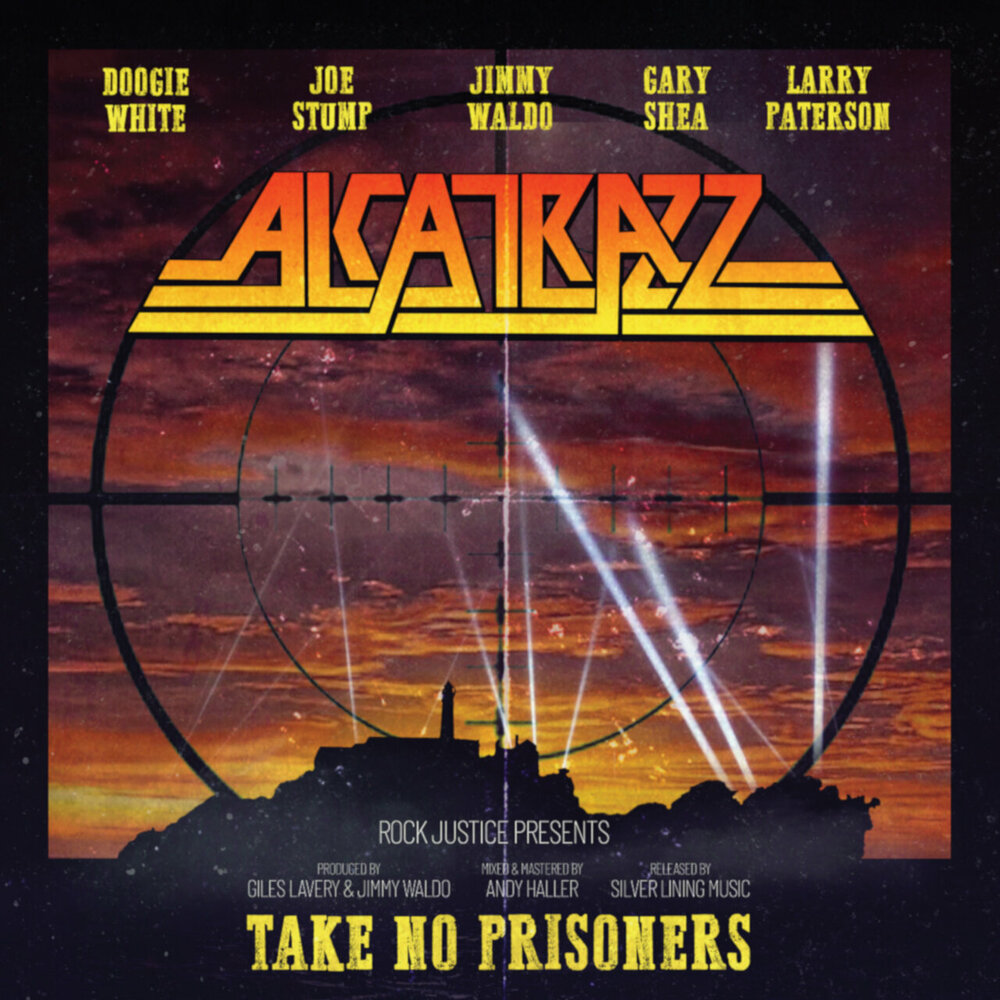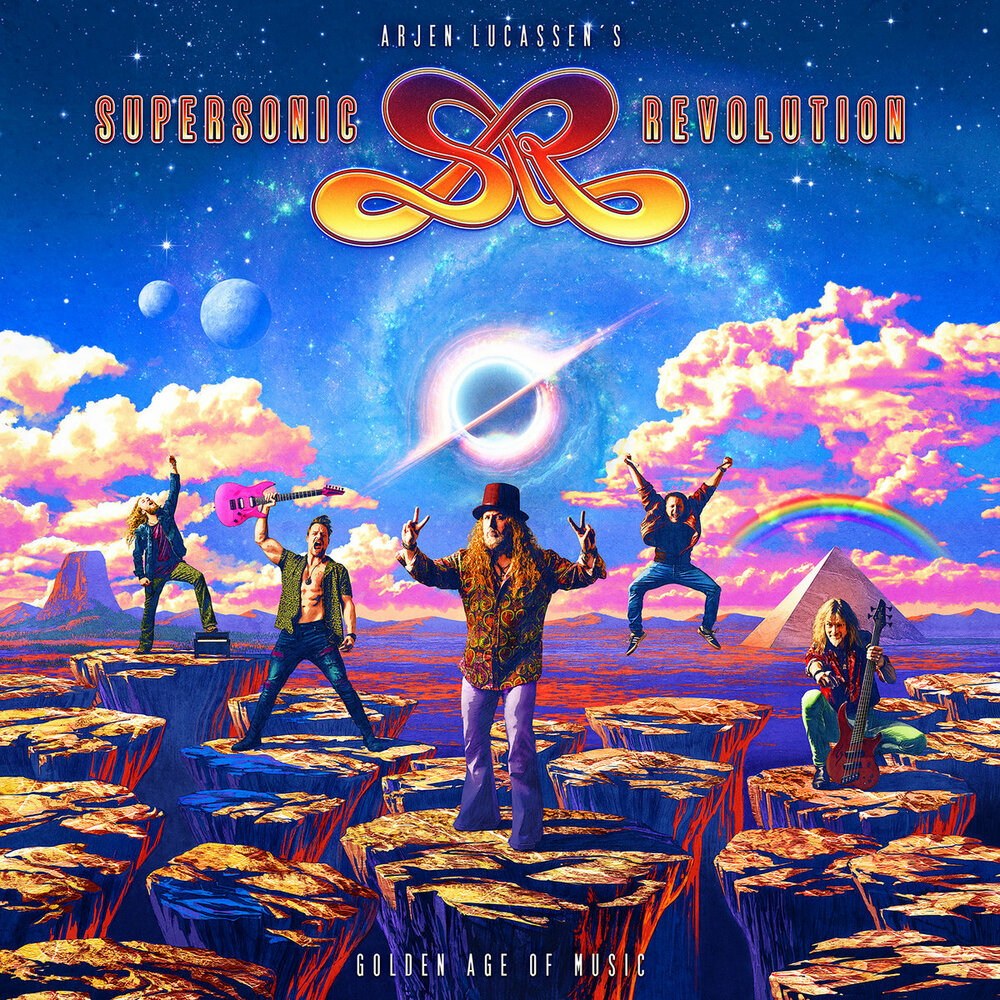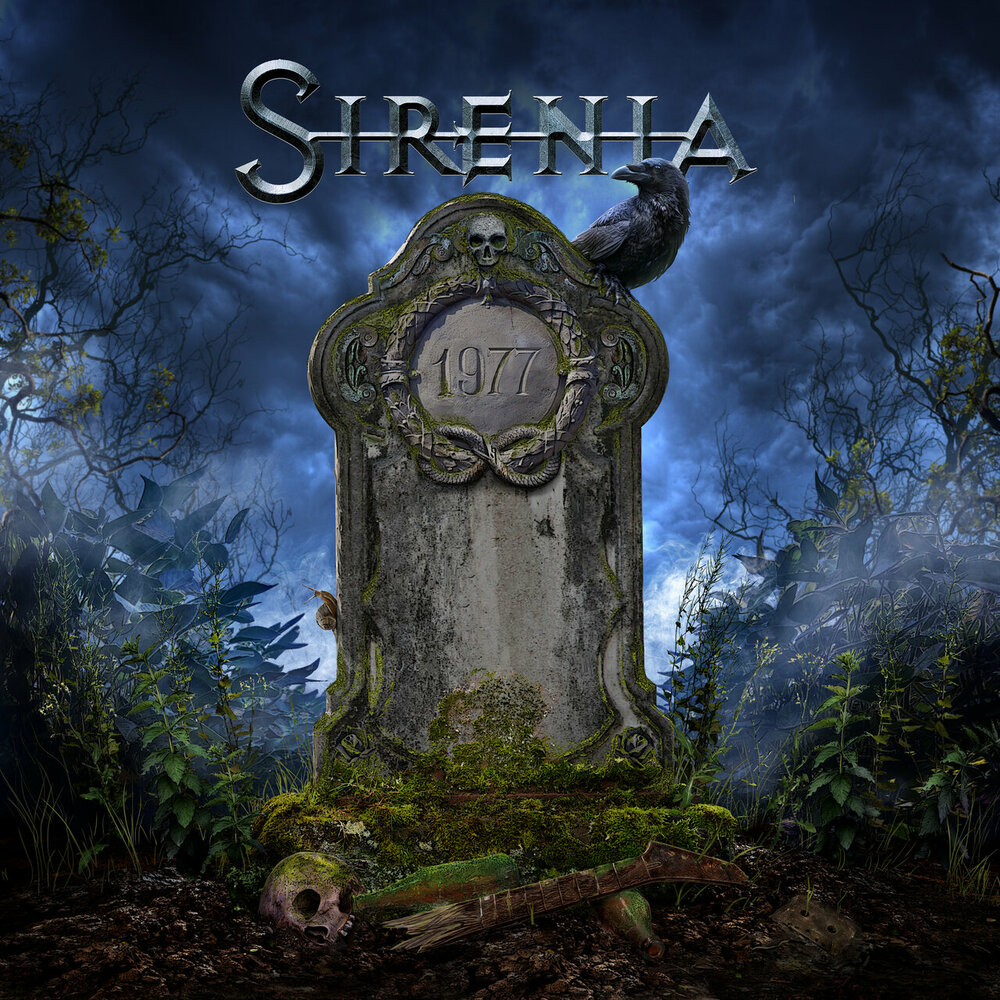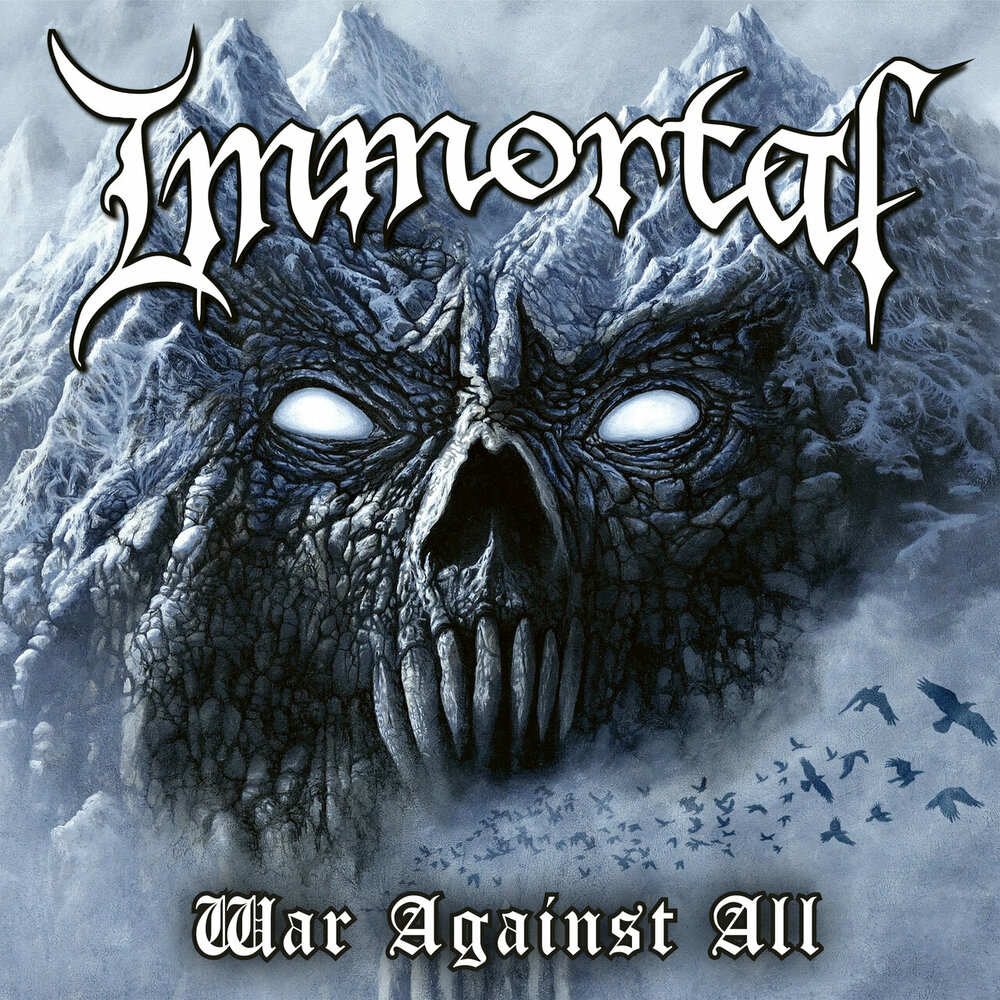 |
Country: Norway
Style: Black Metal
Rating: 7/10
Release Date: 26 May 2023
Sites: Bandcamp | Facebook | Instagram | Metal Archives | Official Website | Twitter | Wikipedia | YouTube
There's an irony in the fact that Demonaz, founding guitarist and chief lyricist in Immortal, had to effectively retire from the band in 1997 because of severe tendinitis, given that he now is the band for all intents and purposes. Now, he never truly left, continuing to write their lyrics, set in his dark fantasy world of Blashyrkh, and he often served as their manager, but he didn't return as a playing musician until 2013 after having surgery to address his tendinitis. Fellow founding member Abbath left in 2015 during one legal battle and long term drummer Horgh left in 2022 during another, so it is now Demonaz only, on guitars and vocals, with a couple of session musicians on bass and drums.
It's been a while since I've listened to Immortal, even though this is their tenth album. Initially, it's not far off what I remember from the back in the day. The title track opens up fast and furious, the sound almost replicating the cover. The blastbeats of Kevin Kvåle are the flurry of snow rising up from the ground and no doubt the avalanche that's prompting it. The guitars of Demonaz are the birds, hurtling towards at us at a rate of knots in an attempt to outrun the beat. It's his vocals that take the fore, dominating the scene as much as the horribly betoothed vision in the mountains.
It's such a dominant vocal that we almost imagine him in costume, maybe wearing the mask from the cover, to spit out his lyrics from. They're harsh vocals, of course, and spat out with venom, but they're also well intonated so that we can understand words without even trying and can follow it all if we care enough to focus that hard. I like his voice a great deal and it's far better than a vocal from a guitarist only taking over after a quarter of a century because the band's long term singer had left might suggest. His first lead vocal was on 2018's Northern Chaos Gods, but I haven't heard that so this is my introduction to it. It's mature and it defines this album more than anything else.
Thunders of Darkness follows on from War Against All, so we might be excused for taking this to be a fast and furious black metal album, as we might expect from Immortal. However, Wargod has no intention of following in their footsteps and, while Kvåle's double bass drumming continues to play a part, it's more notable when it shows up from this point on than when it doesn't. Demonaz stays with his tortured black metal voice, but the music shifts more into the heavy metal that we heard hints of earlier in phrasing and riffage. Sure, it speeds up halfway through, but it still feels like it's a lively NWOBHM song, merely with an occasional harsh voice and double bass drumming.
And that mindset continues. I've reviewed hard and heavy albums lately that are faster than some of this. Return to Cold is another track phrased as heavy metal with black metal overlays, but it has the structure and swells of a power metal song. And, as harsh as Demonaz's voice is, clearly aimed to be bleak and resonant to play into his icy fantasy world setting, it shifts in its effect. Much of the time it's a clearer and more enunciated take on the early Quorthon template that pretty much all black metal singers follow, but sometimes, starting on the title track's chorus, he comes across as a rough thrash metal singer in the vein of Mille Petrozza.
And so this is occasionally exactly the black metal we expect from Immortal, given that Demonaz's ultra-fast guitarwork is one of the pillars of the genre, but it's often more proto-extreme metal, a look back at where the genre came from, not merely the pioneers like Venom, Bathory and Celtic Frost, but the bands whose music they were absorbing and spitting out in a more extreme form. It works for me, because I have broad tastes in metal, but it feels cleaner than it should for someone as pivotal to the Norwegian black metal scene, as if all this introspection has forgotten how filthy Venom used to be.
And there sparks more irony, because black metal grew up in Norway, even if it was born elsewhere, and the purists still argue about how bands should retain crappy production as an inherent component of the genre's sound. While the guitar and bass are surprisingly far behind the vocals and drums in the mix, this is absolutely not crappy production. This is very clean production and it makes this an easy album to listen to. It's never going to be cuddly with Demonaz's voice as harsh as it is, but it's fair to say that, along with the tempo shifts, it helps to push this away from black metal and into a far more commercial heavy metal sound, which is all the more obvious when he chooses not to sing on a track like Nordlandihr. I wonder where he's going to take it from here.

